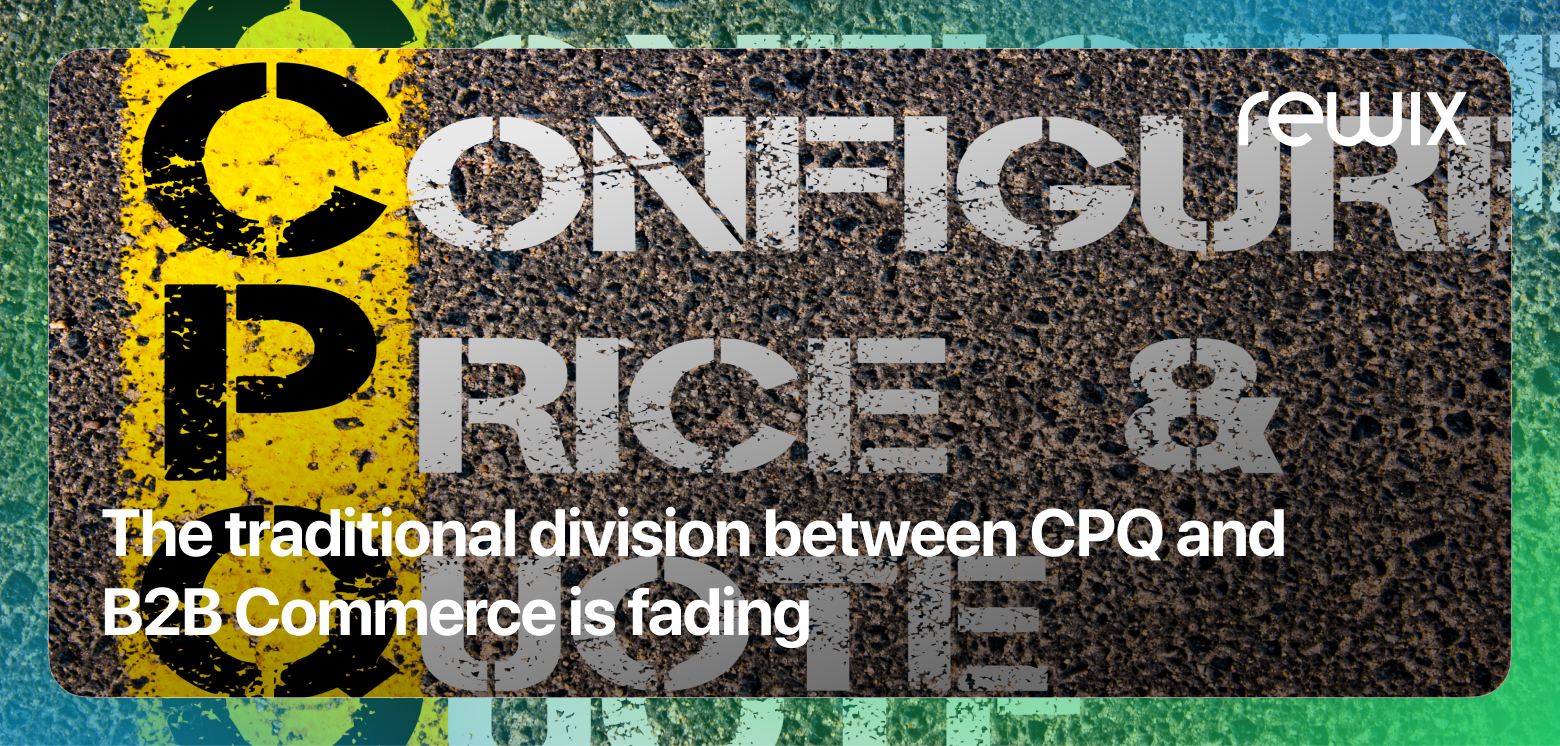Index
Other categories
23 September 2023
Payment processing solutions for B2B e-commerce

Introduction: online payment methods
B2B ecommerce refers to the buying and selling of goods and services between businesses through an online platform. Payment processing solutions in B2B ecommerce are the methods used to securely make payments for these purchases.
These solutions are essential for digital businesses, as they ensure that payments are received and processed efficiently while maintaining a high level of security.
Payment processing solutions can range from traditional methods such as bank transfers and checks to more modern methods such as digital wallets and third-party payment processors. It is important for companies to carefully consider their options when choosing a payment processing solution, taking into account factors such as transaction fees, security measures, and ease of use for both them and their customers.
B2B Ecommerce: The Importance of Payments
The importance of payment processing solutions for B2B ecommerce cannot be overstated. These solutions provide a secure way for businesses to make payments, ensuring that funds are received and processed in a timely and efficient manner.
Without a reliable payment processing solution, businesses can experience delays in receiving payments, which can impact cash flow and hinder growth.
In addition, payment processing solutions can offer additional security measures such as fraud detection and prevention, protecting both the company and its customers from potential financial harm.
In today's digital age, companies must have a payment processing solution to compete in the online marketplace and meet their customers' expectations.
Main solutions for B2B
There are several types of payment processing solutions for B2B e-commerce, each with its own advantages and disadvantages. One of the most common types is credit card processing, which allows companies to accept payments from customers using their credit or debit cards.
Another popular type is Automated Clearing House (ACH) processing, which electronically transfers funds from one bank account to another.
Other options include wire transfers, digital wallets, and mobile payments.
When choosing a payment processing solution for B2B e-commerce, it is important to consider factors such as transaction fees, security features and ease of use.
By choosing the right payment processing solution for their needs, B2B companies can streamline their payment processes and improve their bottom line.
Key factors when choosing
When choosing a payment processing solution for B2B ecommerce, there are several factors to consider.
First, companies need to determine which types of payment methods their customers prefer and which options are most convenient for them.
They must also consider the cost and security of each payment processing solution, as well as any integration requirements with existing systems.
Other important considerations include the level of customer service provided by the payment processor, the speed and reliability of transactions, and the reporting or analysis functions available.
By carefully evaluating these factors, B2B companies can choose a payment processing solution that meets their specific needs and helps them effectively manage their financial operations.
Advantages and disadvantages of different solutions
There are several payment processing solutions for B2B ecommerce, each with its own advantages and disadvantages.
One of the most widely used methods is credit card processing, which offers quick and easy transactions but can be expensive due to transaction fees.
Another option is Automated Clearing House (ACH) payments, which offer lower transaction fees and greater security but can take longer to process.
Wire transfers are a secure method for high-value transactions, but can be expensive and time-consuming.
Mobile payments offer convenience, but may not be suitable for larger transactions or more complex payment processes.
By assessing the specific needs of their business, B2B companies can determine which payment processing solution is best suited for their operations.
Implementation Best Practices
When implementing a payment processing solution for B2B ecommerce, there are several best practices that companies can follow to ensure success.
First, it is important to choose a solution that integrates seamlessly with the company's existing systems and software. This will save time and reduce the risk of errors or data loss.
Second, it is critical to provide clear instructions and training to employees who will use the payment processing solution. This will ensure that transactions are processed accurately and efficiently.
Third, companies should regularly review their payment processing solution to identify any areas for improvement or potential security risks.
Finally, it is advisable to work with a reliable and trusted payment processing service provider, such as Rewix, who can offer support and guidance throughout the implementation process. By following these best practices, B2B companies can streamline their payment processes and improve overall efficiency.
Innovation and trends in B2b payments
The future of payment processing solutions for B2B ecommerce is looking bright as new trends and innovations emerge.
One trend that is gaining momentum is the use of blockchain technology to improve the security and transparency of payments. Blockchain offers a decentralized and secure way to process transactions, reducing the risk of fraud and data breaches. Another trend is the integration of artificial intelligence (AI) and machine learning (ML) into payment processing solutions.
These technologies can help companies predict customer behavior, detect fraud and optimize payment processes. In addition, mobile payments are becoming increasingly popular for B2B transactions, enabling companies to make payments on the go. As these trends continue to evolve, it is important for companies to stay up-to-date with the latest advances in payment processing solutions to remain competitive in the marketplace. Partnering with a service provider like Rewix can help companies implement these innovations while ensuring seamless integration with existing systems.
Stay Informed, Stay Ahead
Dive into Rewix newsletter for the latest B2B insights and trends. Don't miss out!
Sign Up Rewix Newsletter

